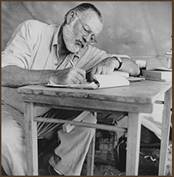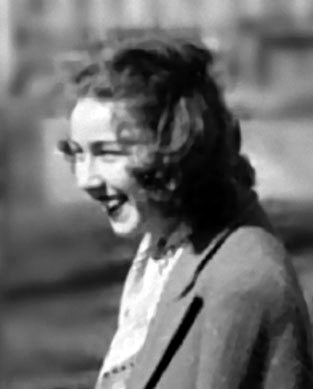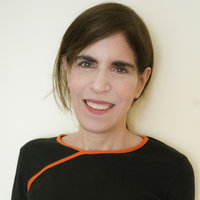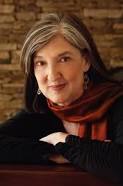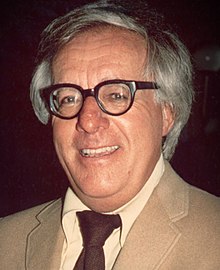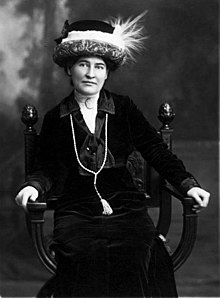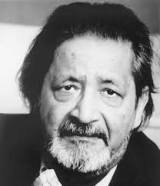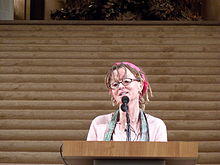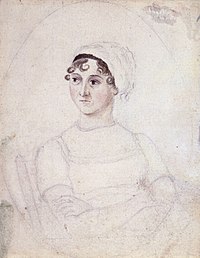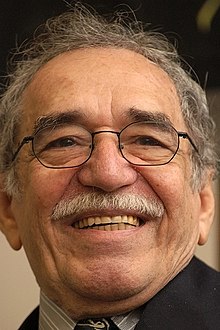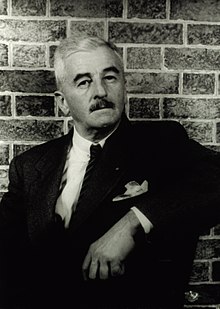CAN WRITING BE TAUGHT?
Writing classes instruction is extremely helpful in making progress in your work, despite some critics of the approach. Ernest Hemingway, the most influential American author of the last generation, often disparaged such instruction. But it should be pointed out that he had the benefit of one-on-one tutorials with such luminaries as Gertrude Stein and Ford Maddox Ford. He learned his craft through daily journalism and writing short stories, but also called upon knowledgeable, experienced instructors to correct his mistakes and set him on the right path.
Hemingway, like most writers, benefited greatly by writing instruction. Even the most promising writers need sound Good writing classes instruction from someone who practices the craft. Without this they can flounder for years, continually repeating mistakes, turning what should be a rewarding and enlightening activity into an exercise in frustration.
Good writing classes instruction, whether online or in a Seattle-based class, can provide direction for writers’ work and models of the kind of writing they should emulate. In the long run such advice is very inexpensive. Writing is a very solitary occupation, and the structure, guidance and deadlines provided by a writing class can serve as a powerful agent for a writer’s growth and development.
But no matter how helpful the writing classes instruction, you must provide the motivation. It’s your desire, discipline and commitment that will make the ultimate difference. With our writing classes instruction, we provide the context in which to progress, but you must provide the impetus to make that happen. You’ll get a lot of help–specific assignments, pertinent outside reading and individual critiques–but your drive is key. This is especially true in writing. Writers must be self-starters, even if they need a lot of encouragement in the early stages of their career.
ABOUT US
The Writer’s Workshop offers Seattle writing classes, travel writing classes and online writing classes. We specialize in teaching the art and craft of creative writing and how to get your writing published. Established in 2001, The Writer’s Workshop grew out of a year-long narrative writing program and online writing classes I developed and taught for the University of Washington. As the program grew, I added more classes and hired instructors who were professional writers and outstanding teachers. I began teaching Seattle writing classes and online writing classes and then moved to travel writing classes and beyond. wanted to develop a more personalized writing program, with small classes, individual attention, and ability to teach a curriculum that would allow students to make great progress in a relatively short period of time.
I believe that students learn by doing. The factory model where students take notes on a lecture and then repeat them in their assignment is anathema to me. In my Seattle writing classes, I lecture briefly and distribute handouts to provide clear goals, but then quickly get students working on writing exercises, critiquing each others’ work, reading and analyzing published stories, and putting the skills and techniques into practice in their own writing. In online courses, I provide you with the lectures and explain in detail the writing exercises that accompany them. Students need to find their own voice and approach to these techniques.
Since novice writers need most help with the larger, structural elements of stories, I pay particular attention to questions of form. Most students have a decent grasp of sentence structure, syntax and grammar but few know how to put together the story as a whole. For this reason, structure is the dominant focus of my classes, whether online or Seattle-based. Are all the necessary elements present in the story? Is the design workable? Would another design or structure serve better?
Since students have distinct learning styles, I use a number of strategies to reinforce the forms and techniques addressed in my Seattle writing classes and online courses.
FOUNDER’S WRITING JOURNEY
This approach to teaching grows out of my own writing development. I’ve been publishing for almost 30 years. When my first story appeared on the front page of the Ballard Today, a community newspaper in Seattle, Washington, I was walking on air. I now write for publications like Condé Nast Traveler, Food & Wine, The New York Times, The Wall Street Journal and Outside as well as publishing nonfiction books and novels. I still get a kick out of publication, and I still love the process of researching and writing nonfiction.
One of the things I like best about writing is that it has allowed me to indulge my intellectual curiosity. Good writers need curiosity. An important early influence on me–don’t laugh–were the Curious George books. When my mother read me those books, I loved the way the Curious George would explore, try things on for size, and often get into trouble in the process. Curious George helped encourage my intellectual curiosity–an invaluable asset in a nonfiction writer.
After obtaining a B.A. in French from Amherst College, I worked as an office assistant at the Seattle bureau of the Associated Press. This gave me a taste for the newspaper business and helped me land a reporting job at the Whidbey News-Times, a large weekly in Oak Harbor, Washington. Working on a weekly newspaper was an education not just in writing, but in all facets of life in a small community.
The next step in the newspaper pyramid was a daily, so I moved to the Ellensburg Daily-Record. I learned to write fast to meet daily deadlines, discovered the ins and outs of county government, hay farming and country and western music. Eventually, I realized that to write longer, more interesting pieces, I needed to escape the pressure cooker of daily journalism.
So I returned to school to earn an MFA from the University of Washington in Creative Writing. There, I learned the rudiments of fiction writing as part of the writing classes instruction, which profoundly changed my approach to nonfiction writing. I wrote some short stories and a very bad novel, but increasingly devoted myself to literary journalism, a kind of nonfiction based on detailed reporting, but which arranged stories in terms of scenes, character sketches and dialogue, techniques usually associated with fiction. Tom Wolfe, John McPhee, Joan Didion and others served as my models. I began publishing these stories in outdoor and regional magazines and soon got my first book contract for At the Field’s End: Interviews with 22 Pacific Northwest Writers, a collection of interviews about the relation between art and landscape which appeared in 1987 and won the Washington State Governor’s Award and Pacific Northwest Bookseller’s Award. It was reissued in 1998.
My interview with Hillary then led to my second nonfiction book, Beyond Risk: Conversations with Climbers (1993). Since then, I’ve completed my third book, On Sacred Ground: A History of Northwest Literature (2003), which grew out of my PhD dissertation completed in 1996.
I continue to freelance for newspapers and magazines and write nonfiction books. I won an Society of Professional Journalists First Place Award in Travel Writing (2007) and just published my first novel, The Storms of Denali (2012, University of Alaska and Chicago presses). I continue to enjoy writing travel, food, wine and outdoor adventure stories for a number of publications.
My writing continues to inform my teaching, as it does for all of The Writer’s Workshop instructors. All of us are working writers and dedicated teachers, a combination that makes us outstanding writing instructors. We can speak firsthand about the challenges and satisfactions of the world of writing and publication and are eager to share the tricks of the trade with neophyte writers looking for instruction. We look forward to working with you!
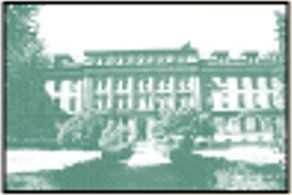 The Writer's Workshop
The Writer's Workshop 